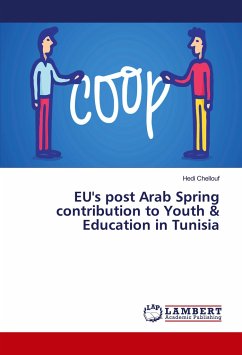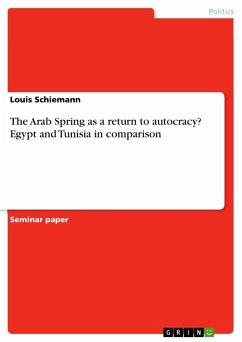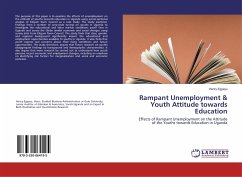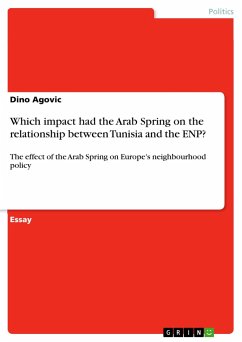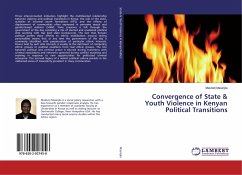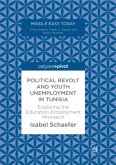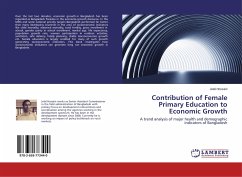At the dawn of the Tunisian Jasmine Revolution in early 2011, the European Union (EU) was forced to reassess its Neighbourhood Policy and base it on political conditionality to support the democratic transitions in its Southern Neighbourhood. The EU came soon to realise that no sustainable and participative progress can be registered, without empowering the local youth, especially through access to better formal and non-formal education. This book aims to analyse to what extent and how effective EU's support to Tunisia has been after 2011, in the fields of youth and higher education. Based on both qualitative and quantitative data derived from a series of interviews with both local and foreign experts, the study focuses especially on the evaluation of the Erasmus+ Programme of the European Commission, its impact to the enhancement of youth opportunities and quality education in Tunisia, and eventually its contribution to the development of a vibrant civil society.
Bitte wählen Sie Ihr Anliegen aus.
Rechnungen
Retourenschein anfordern
Bestellstatus
Storno

